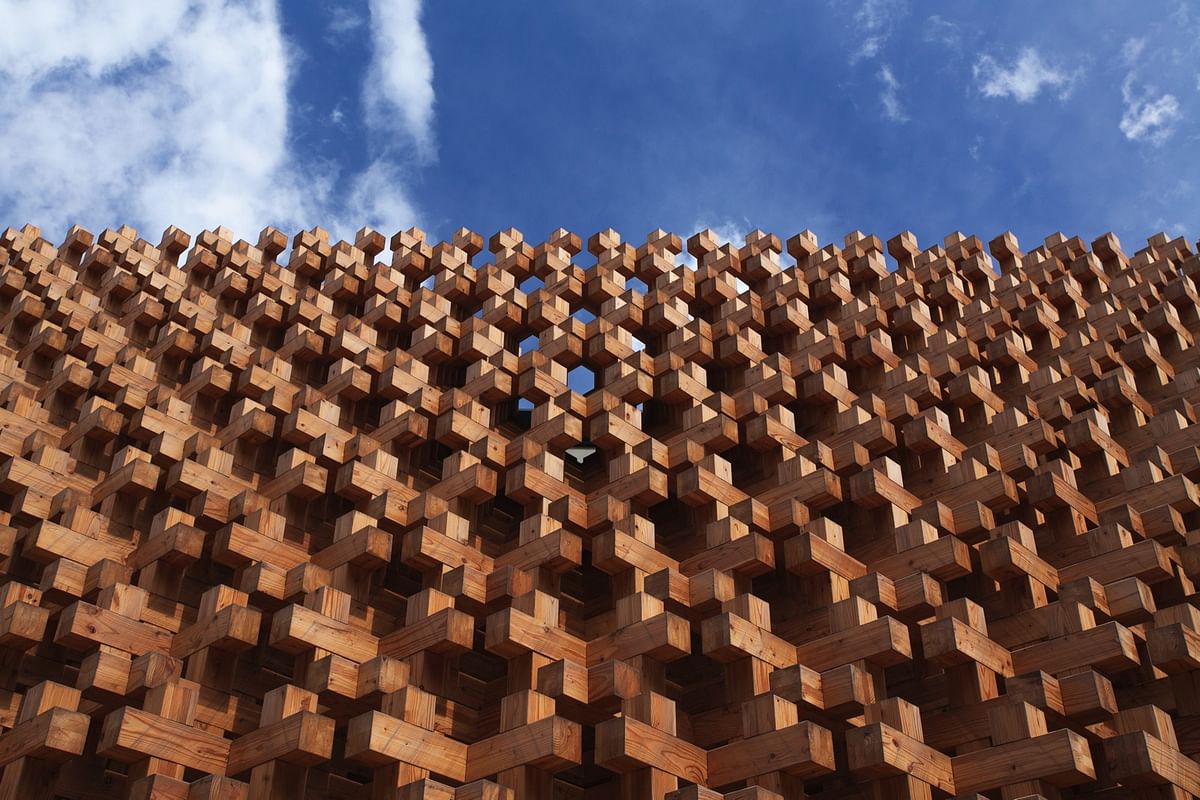
See works by Tadao Ando, Kengo Kuma, Shigeru Ban, and more in “Japan in Architecture: Genealogies of Its Transformation” at Mori Art Museum
By Justine Testado|
Thursday, Jun 28, 2018
Related
“Japan in Architecture: Genealogies of Its Transformation” traces the connection between traditional and contemporary Japanese architecture, demonstrating the significant role architecture has had throughout the country's history. Currently in Tokyo's Mori Art Museum until September, the exhibition is divided into nine sections that examine key concepts of how architecture is interpreted in Japan.
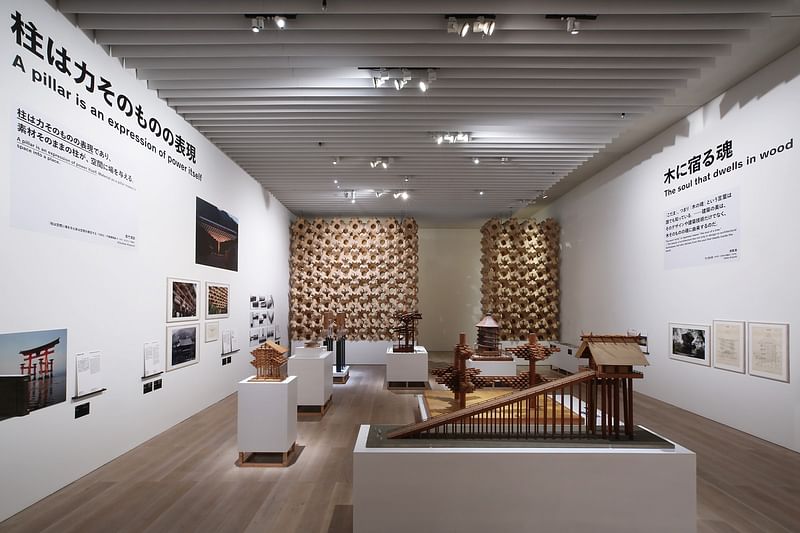
Some of the exhibition's more than 100 projects and 400 items include important architectural materials, models, and interactive installations designed by leading architects like Kenzo Tange, SANAA, Shigeru Ban, Junya Ishigami, furniture designers Isamu Kenmochi and Daisaku Cho, and more.
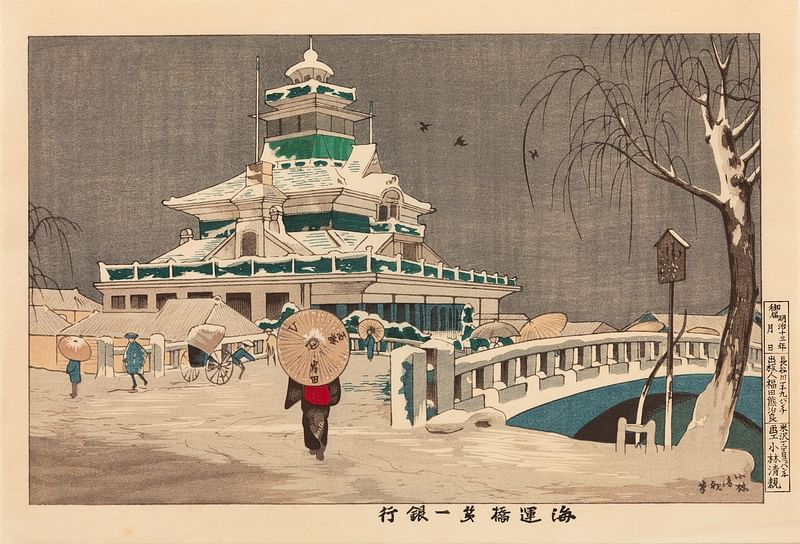
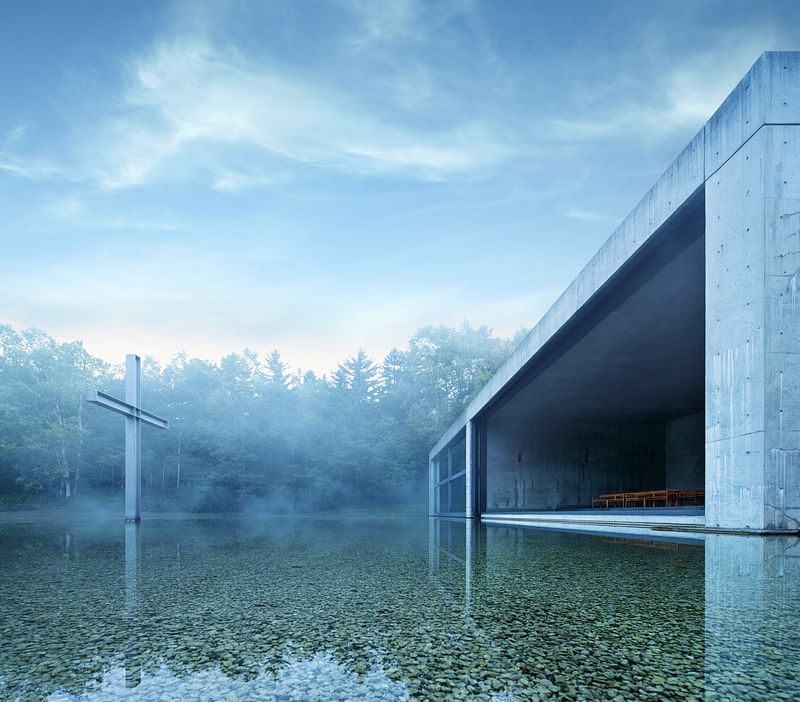
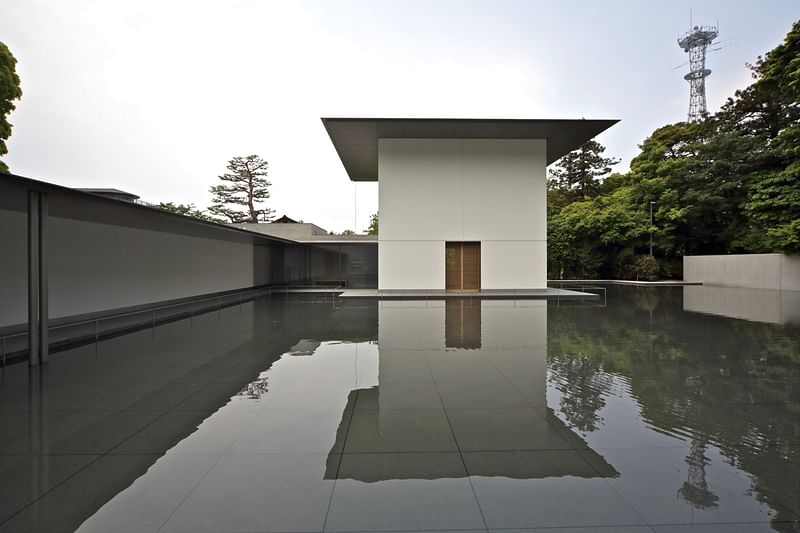
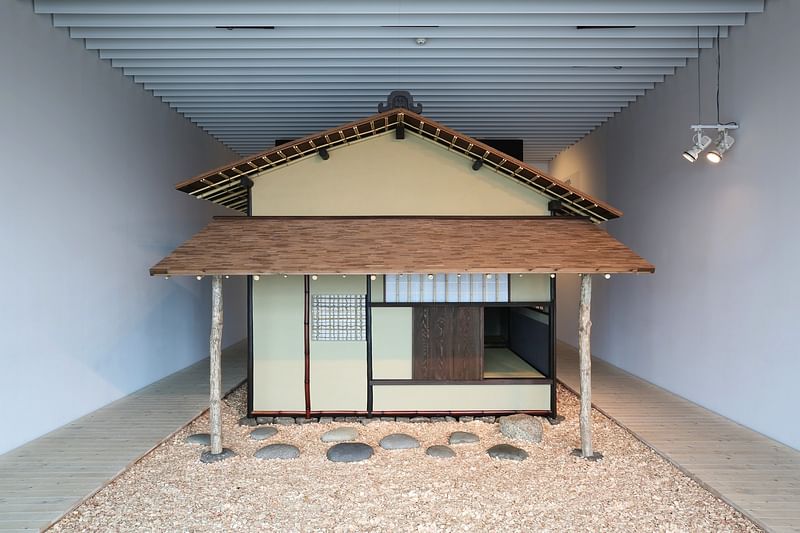
Other things to not miss out on are a full-scale replica of Sen-no-Rikyu's Tai-an Tea House — a National Treasure in Japan, a large-scale model of Kenzo Tange's house, Saito Seiichi + Rhizomatiks Architecture's interactive architectural installation, and a book lounge featuring modernist furniture masterpieces.
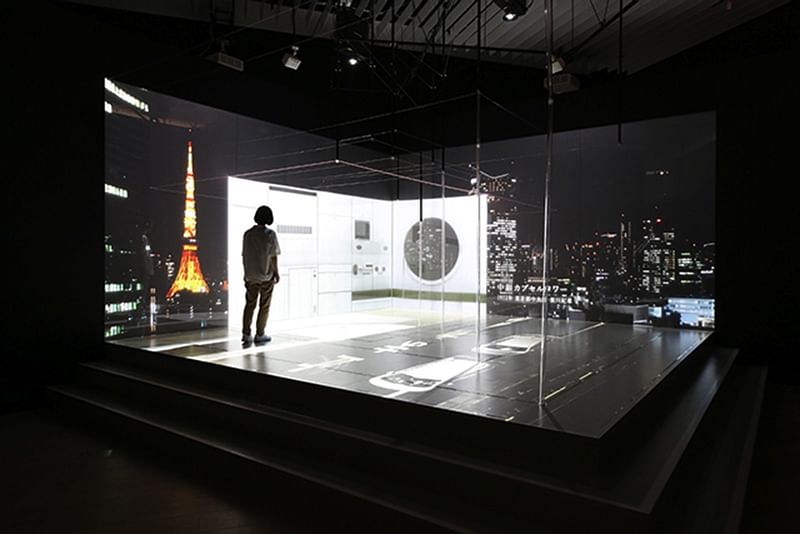
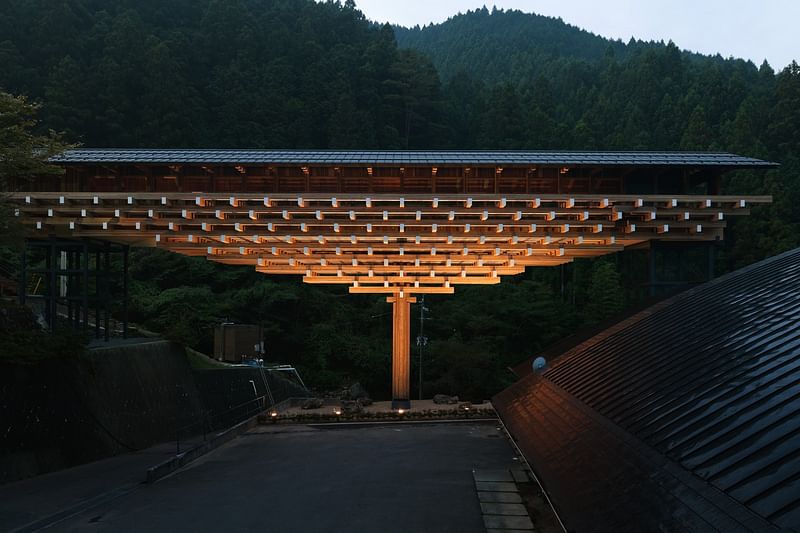
The Mori Art Museum exhibition designers teamed up with architects Daisuke Motogi, Momoko Kudo, and Shinichi Kawakatsu, and graphic designers So Hashizume and Shohei Iida to create an exhibition that allows visitors to select the level of architectural information and details. The 5.5-meter exhibition walls are divided into three different levels: the “distant view” section at the very top displays the “bigger picture” in the form of large-scale video footage, photos, and text; the middle section portrays a “mid-range view” with material that forms the core of the exhibition; while the “close-up view” at the bottom offers detailed information like plans and commentary.
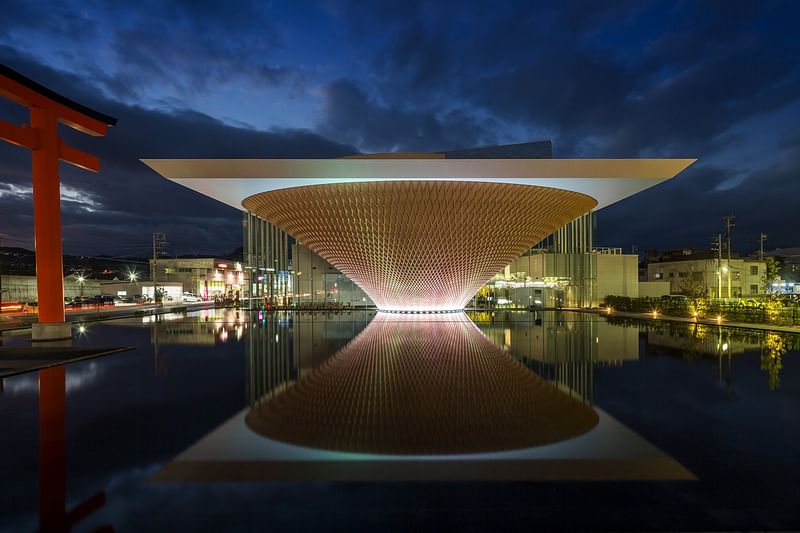
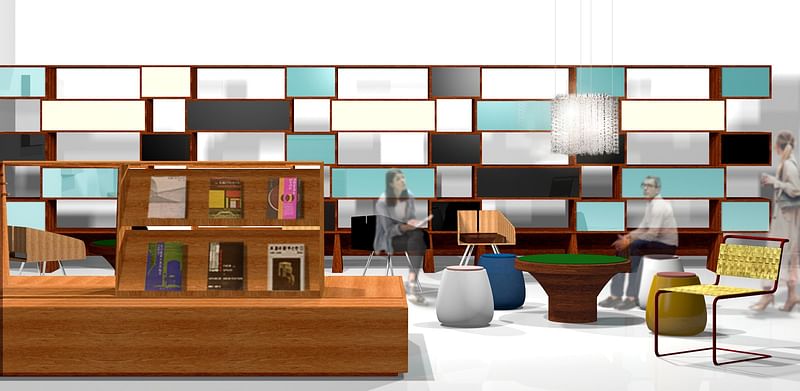
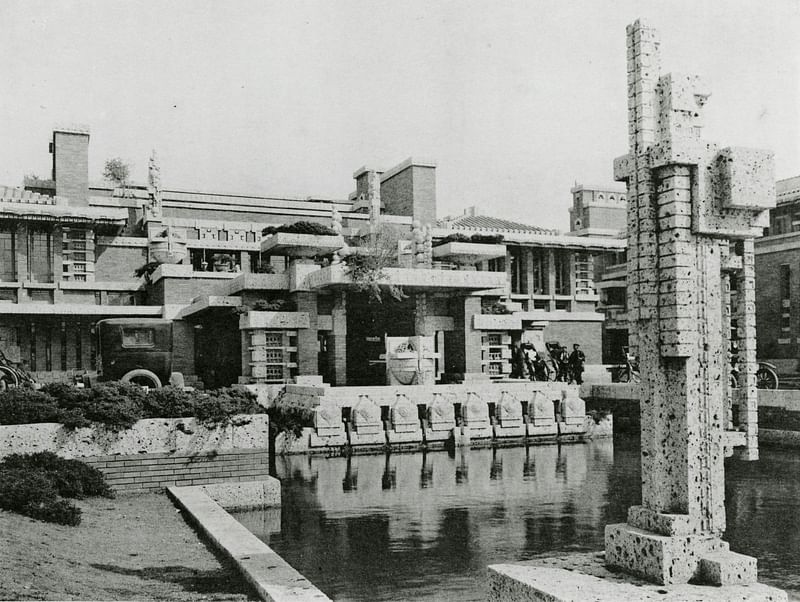
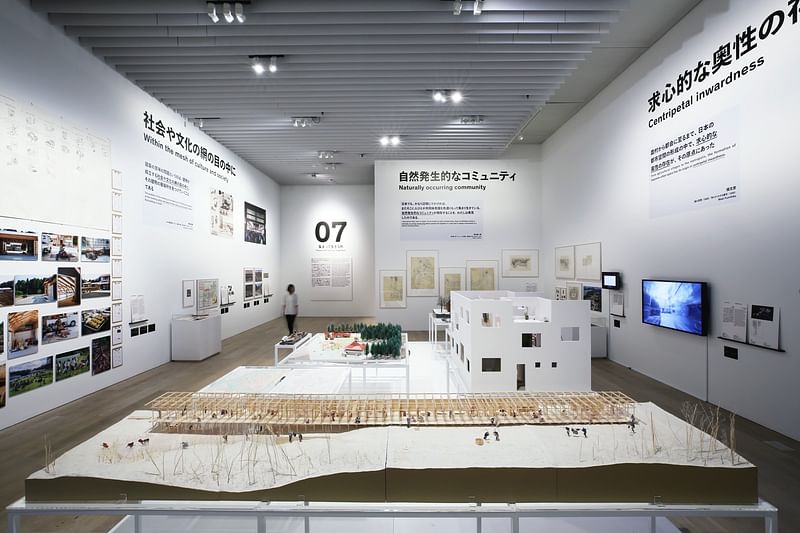
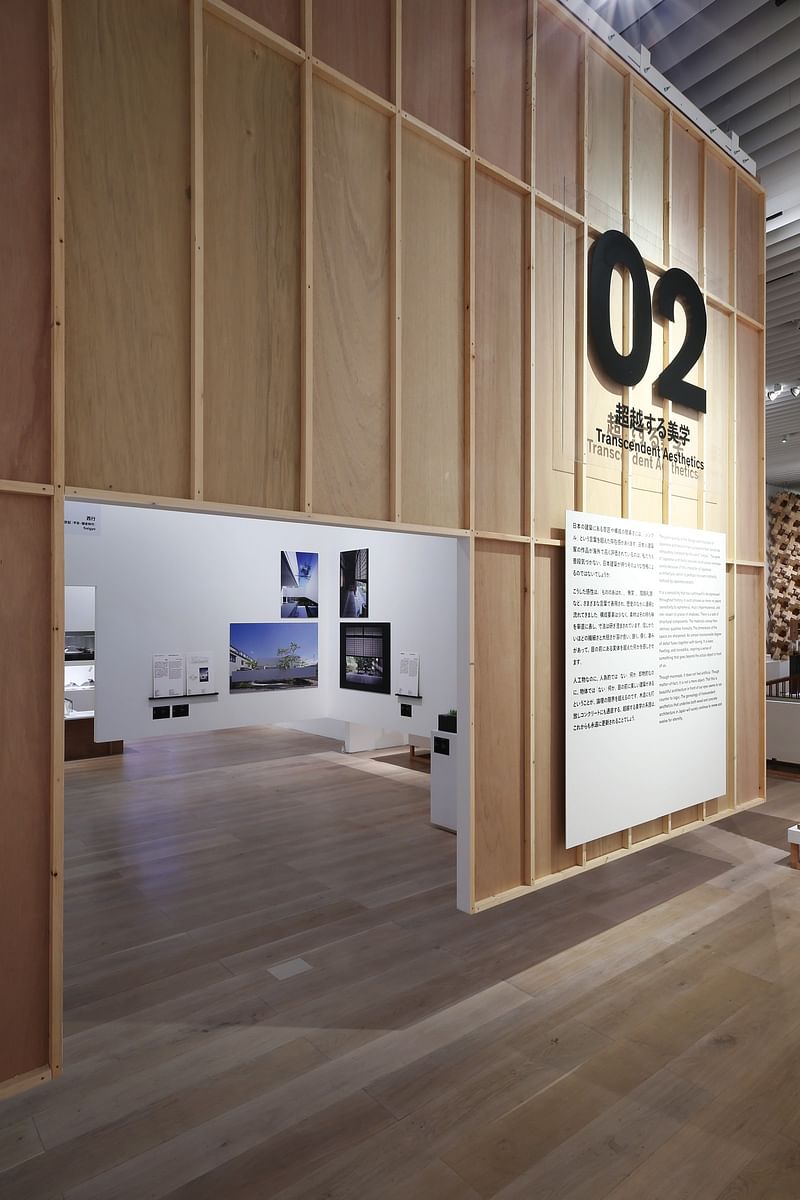
“The arrival on the scene of Tange Kenzo propelled contemporary Japanese architecture to the cutting edge of global architectural practice, where it has remained ever since. That this was possible owes much to traditional Japanese architecture, the spirit of which runs through the veins of Japanese architects whether or not they are aware of it ― in their spatial sense, in the use of wooden construction using pillars and walls, and the division of inside and out, for example. This exhibition takes actual projects by leading architects, and uses these examples to illuminate this invisible connection between such traditions and the present day,” says exhibition advisor Terunobu Fujimori.
“Japan in Architecture: Genealogies of Its Transformation” is open now until September 17, 2018.

Share
0 Comments
Comment as :